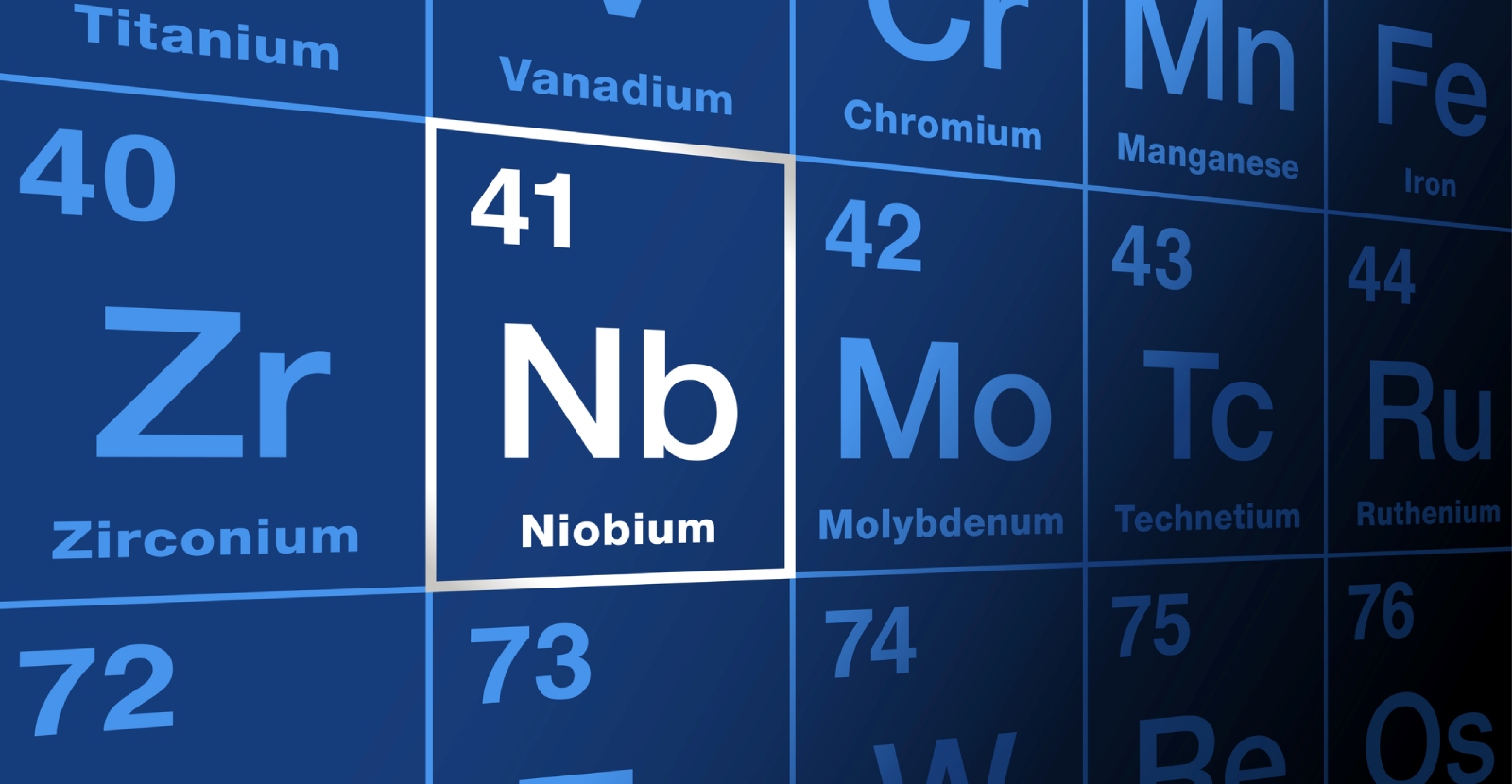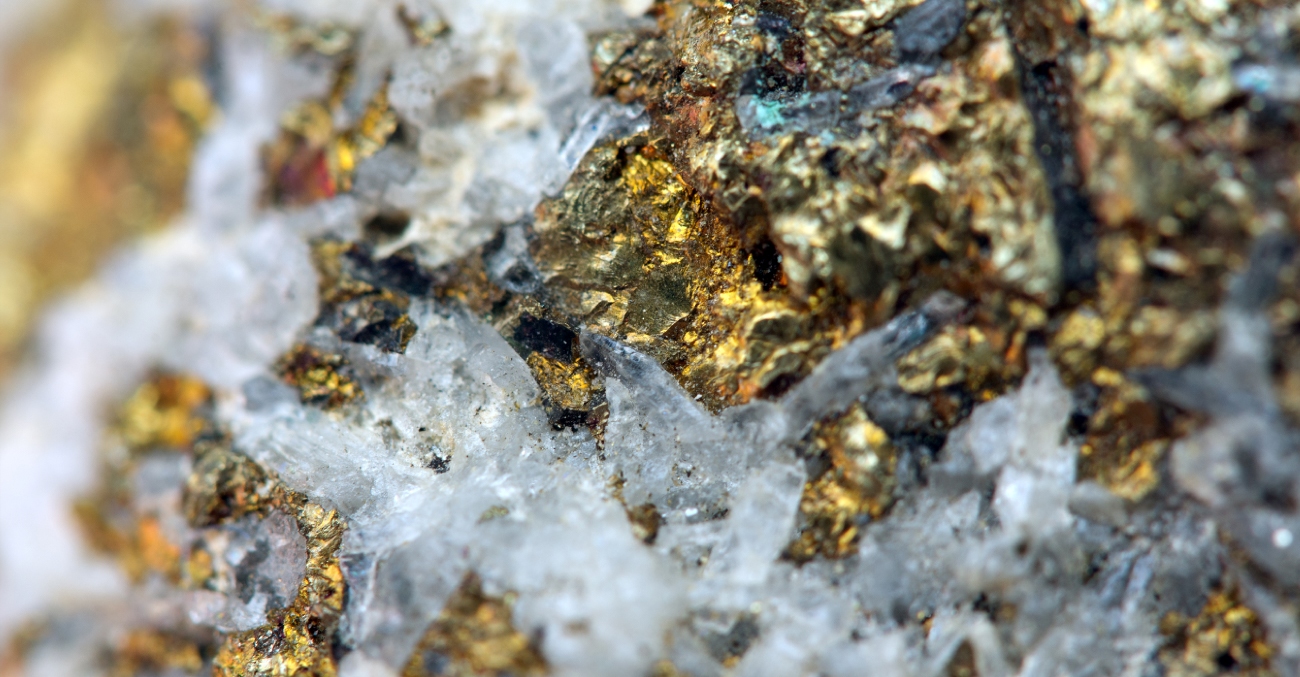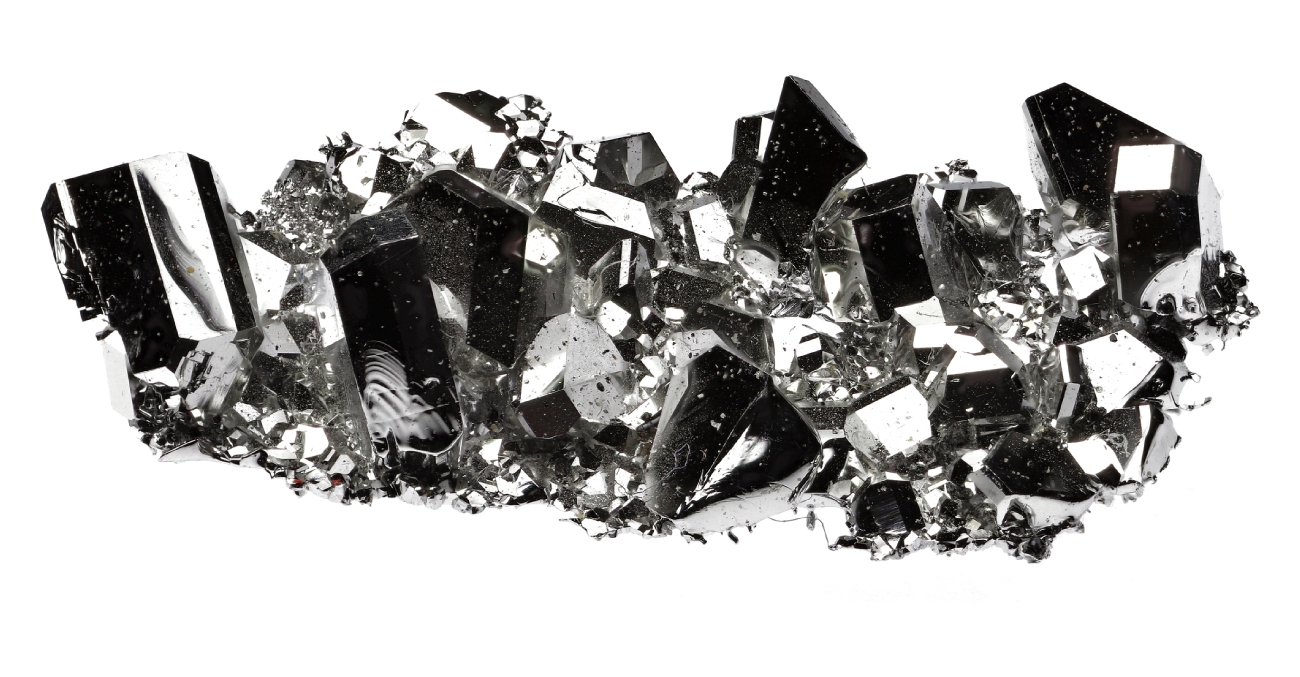The Benefits of Scrap Metal Recycling of Niobium

Date

Source: www.Wikipedia.org
Niobium is a versatile and indispensable metal with applications in numerous industries from aerospace to electronics. As global demand for niobium continues to grow, the spotlight on sustainable practices intensifies. Scrap metal recycling of niobium has a variety of benefits that extend beyond resource conservation. Below, we’ll explore the environmental and economic advantages of recycling niobium from scrap metal.
Resource Conservation
Recycling niobium from scrap metal contributes significantly to the conservation of natural resources. Niobium is often extracted as a byproduct of other mining operations, such as tantalum extraction. By recycling niobium from scrap, we reduce the need for additional mining, minimizing the environmental impact associated with extraction processes.
Energy Efficiency
The energy requirements for recycling niobium are considerably lower compared to primary extraction methods. Mining and processing ore demand substantial energy inputs, whereas recycling involves melting and refining existing materials. This results in a reduced carbon footprint and helps mitigate the environmental consequences associated with traditional mining practices.
Waste Reduction
Scrap metal recycling of niobium significantly contributes to waste reduction. Instead of discarding materials containing valuable niobium, recycling facilities can extract and process these metals for reuse. This not only minimizes the volume of waste destined for landfills but also decreases the environmental hazards associated with improper disposal of metal-containing materials.
Economic Benefits
The recycling industry has emerged as a key player in fostering economic growth. By recycling niobium, valuable resources are reintroduced into the supply chain, reducing the dependence on virgin materials. This, in turn, can lead to cost savings for industries relying on niobium, creating a more sustainable and economically viable production cycle. Scrap metal recycling of niobium aligns with the principles of a circular economy. Rather than following a linear model of extraction, use, and disposal, recycling establishes a closed loop where materials are continually reused. This approach minimizes the environmental impact, conserves resources, and fosters a more sustainable and circular approach to metal production.
The benefits of scrap metal recycling of niobium extend far beyond the realms of environmental conservation. By embracing recycling practices, industries not only contribute to a greener planet but also unlock economic advantages and strategic resilience. As we navigate the challenges of a resource-intensive world, the importance of recycling niobium stands as a beacon of sustainable progress, pointing the way toward a more responsible and prosperous future.



